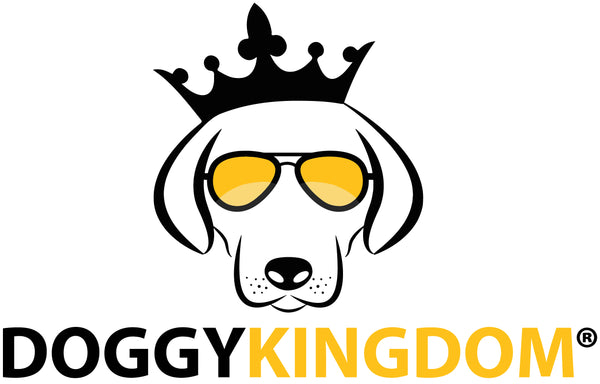All About a Dog DNA Test
Share
Dogs have been bred for various purposes throughout history, from hunting to herding to companionship. With over 300 different breeds and countless mixed breeds, it's no wonder that dog owners often wonder about their pet's genetic makeup. This is where a dog DNA test comes in.
What is a Dog DNA Test?
A dog DNA test is a simple and non-invasive way to uncover your dog's ancestry and potential health risks. The test is performed using a cheek swab that is sent to a laboratory for analysis. The lab then compares your dog's DNA to a database of known breeds to determine its ancestry.
Why do a Dog DNA Test?
One of the primary reasons to do a dog DNA test is to identify potential health risks. Just like humans, dogs can inherit genetic disorders from their parents. By identifying these risks early, you can take steps to prevent or manage them. For example, if your dog is at risk for hip dysplasia, you can take steps to prevent it by ensuring they maintain a healthy weight and avoid excessive exercise that can exacerbate the condition.
Another reason to do a dog DNA test is to gain insight into your dog's behavior and temperament. Certain breeds are known for particular traits, such as hunting instincts or high energy levels. Knowing your dog's genetic makeup can help you understand and train them better, leading to a happier and healthier relationship.
Dog DNA tests can also provide information about your dog's physical characteristics, such as coat color and type, size, and body shape. This information can be helpful for choosing the right diet, exercise regimen, and grooming routine for your dog.
Things to Consider About a Dog DNA Test
If you're interested in doing a dog DNA test, there are several options available. Some tests are more comprehensive than others, providing detailed information about your dog's ancestry, health risks, and physical characteristics. Others may be more limited, focusing on breed identification alone.
When choosing a dog DNA test, it's important to consider the accuracy of the test and the reputation of the company offering it. Some tests may be more accurate than others, depending on the size and accuracy of their breed database. Additionally, it's important to choose a company with a good reputation for protecting the privacy of your dog's genetic information.
How to Give Your Dog a DNA Test
Carrying out a dog DNA test is a simple and non-invasive process that can be done at home. Here are the steps to follow:
- Choose a DNA testing kit: There are many different dog DNA testing kits available on the market. Research different brands and choose one that best suits your needs and budget.
- Collect a DNA sample: The most common way to collect a DNA sample from a dog is by swabbing the inside of its cheek. The testing kit should come with swabs and instructions on how to collect the sample. Make sure your dog hasn't eaten or drunk anything for at least an hour before taking the sample to ensure the swab is not contaminated.
- Activate the kit: Follow the instructions to activate the kit online or by phone. This typically involves registering the kit and entering the unique code provided on the kit.
- Send the sample: Place the swab in the collection tube provided and send it back to the testing company using the prepaid shipping label provided. Make sure to follow the instructions for shipping the sample to ensure it arrives at the lab safely.
- Wait for results: The testing company will analyze the DNA sample and compare it to their database of known breeds. The results should be available within a few weeks, depending on the testing company and the complexity of the analysis.
- Review the results: Once you receive the results, review them carefully to understand your dog's ancestry, potential health risks, and physical characteristics. Use the information to better understand your dog and provide the best possible care.
Takeaway
In conclusion, a dog DNA test can provide valuable information about your dog's ancestry, health risks, behavior, and physical characteristics. By understanding your dog's genetic makeup, you can make informed decisions about their care and well-being, leading to a happier and healthier life for both you and your furry friend.




2 comments
Do you provide DNA testing?
What is the cost?
Thank you
How much is this service? Thank you.